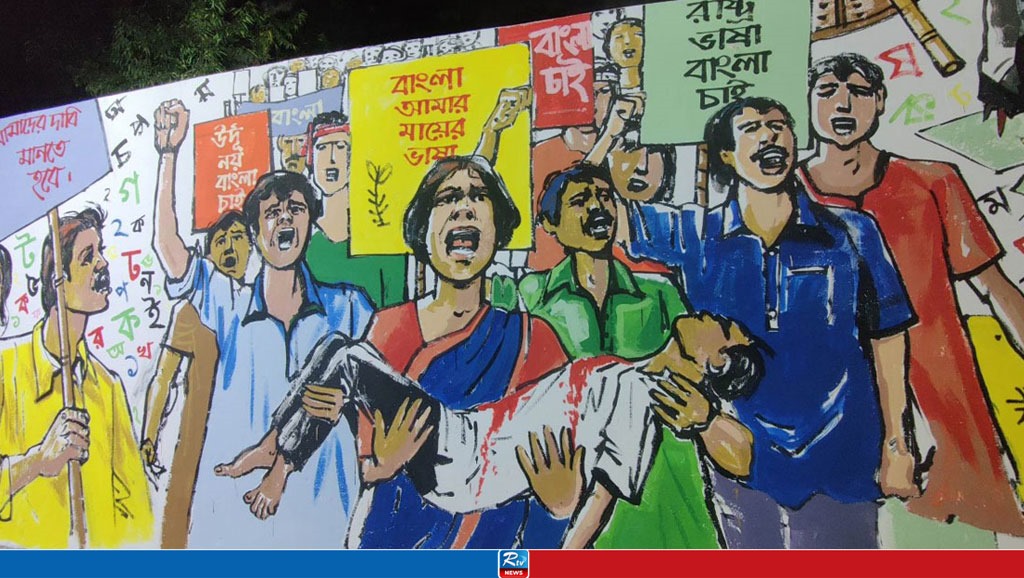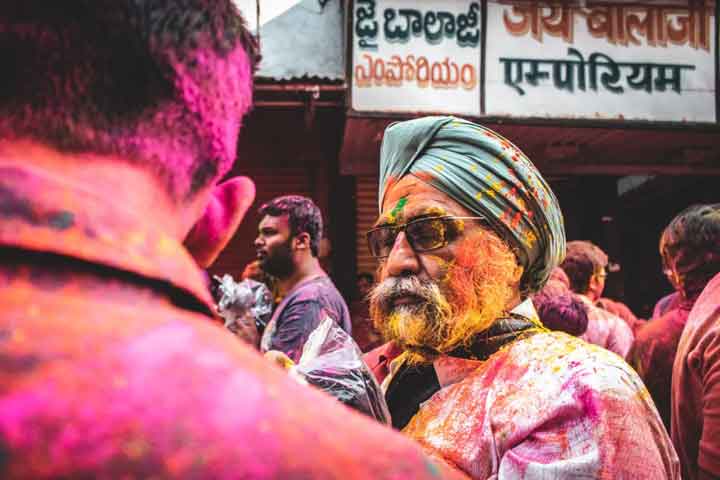Thar: The language of the Bede community - a rereading

I have already read various discussions about the book 'Thar: The Language of the Gipsy People'. This book became an exceptional book of our time in terms of research, content, presentation, cover and outlook.
I would like to start with a quote from Professor Maggie Tallerman [author of Language Origins : Perspective and Evolution] of Newcastle University. She said, "Humans are the only species which has developed complex spoken and written language, because of the communicative languages we are different from other animals." There are thousands of languages in the world. Chinese Mandarin is spoken by 1 billion people. On the other hand, the number of language users of the Gipsy community is only about forty thousand. Author Habibur Rahman has worked on such a language which has no script. Again, the language does not belong to the Indo-European group, the world's largest language family.
This huge book of 368 pages has a total 22 chapters. The chapters are progressed according to the research methodology. At the very beginning, the author's fascination about the reputed linguist Chomsky emerges with certain clarity.
As the language of the Gipsy community is different, so is the language of the 'Rishi' or 'Mochi' community. However, the language of this scheduled class has nothing in common with the language of the Gipsy community. As the language has no script, some scholars have attempted to identify it as a sign language or 'uncivilized language'. However, linguist Sukumar Sen says, 'Specific words (adopted from one or more languages) are used in a special sense to convey confidential information or to make others unable to be comprehended but necessary dialogues naturalized in public for dishonest purposes. Such use of language is called uncivilized labguage or Apartha-Bhasha.'
Another study unfolds the fact that the 'Bede' community was identified as suspicious during the British rule. Even today they are leaving behind the example of being involved in any criminal activities for the sake of livelihood.
Author Habibur Rahman says in the introduction of the book, that 'Traditionally, the life of the 'Bedes' are centered on boats. In the last few decades, due to rapid improvement of the overall communication system in the country and the reduction of the navigability of rivers and canals, their lifestyle has also been changing. The so-called talisman mantras and herbal medicine profession of the ancestors of the community is declining alarmingly with the development of modern medical methods and the wide spread of technology. As a result, most of these people are involved in various criminal activities and deteriorating the law and order situation in various areas. In order to earn a living, they have been joining into the drug trade. The leave for Teknaf with the boxes of the snakes, and comes back with the bundles of Yaba drugs.'
When the author was serving as the Superintendent of Police in Dhaka district, he first noticed the issue and decided to change their criminal mindset gradually.
Many writers in Bengali literature have tried to portray this vulnerable community. Pallikobi Jasimuddin wrote the play 'Beder Meye'. Poet Nazrul wrote some noteworthy songs on this tribe. Tarashankar Banerjee wrote short story 'Bedeni'. Tozammel Haque Bakul made a feature film 'Beder Meye Josna'. It is known as the most successful movie of all time in Bangladesh. Malkosh is one of the ragas in North Indian music genre. Some music researchers believe that this raga originated from the tunes of the Gipsy community.
We believe that the information included in the book of writer-researcher Habibur Rahman will play an extraordinary role in the study of this small ethnic group in the future. Not much work has been done in Bengali language on minority languages. Some work has been done on the Garos and Chakmas in the past. After reading the book, it seems that the author has given ideas and links to the future generations of scholars. The book has already received national and international recognitions. Like APJ Abdul Kalam Medal and International Mother Language Award-2023. The later award was presented by the Prime Minister Sheikh Hasina.
Habibur Rahman's book is a proof that one can be engaged in basic research while performing government duties. Author Habibur Rahman is currently Commissioner of Dhaka Metropolitan Police (DMP). He is associated with various creative and innovative works too. Thanks to Panjeri Publications for publishing such a unique book. The cover of the book has been designed by Rajeev Raju. He has dedicated the book to his physician wife Dr. Wazed Shamsunnahar Disha and son Aftan Afif Abdullah.
At the end I will be happy to quote from poet Kamal Choudhury about the book : 'Habibur Rahman wrote the book following the participation observation method of research. When a researcher start researching on a specific subject, he has to come out from the shell and dares to enter inside. Habibur Rahman is successful showing his courage through unplugging the facts and documents.'
The writer of this article is a lawyer of Supreme Court. Former Banker and the first initiator of filing case against the killers of Bangabondhu
Comments
Rain likely in 4 divisions including Dhaka in next 24 hours

Student politics can be reintroduced at BUET campus: VC
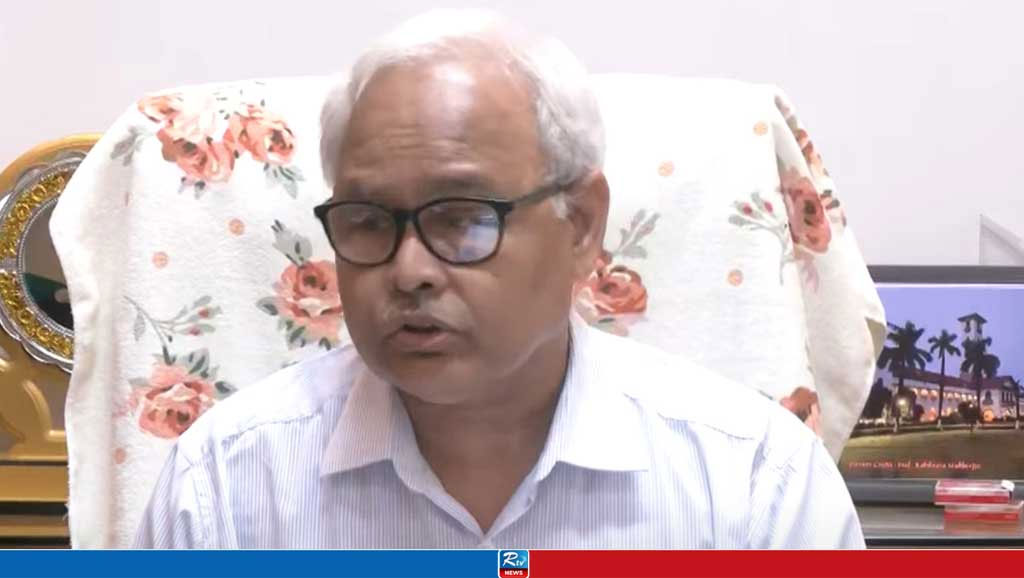
High Court allows student politics in BUET
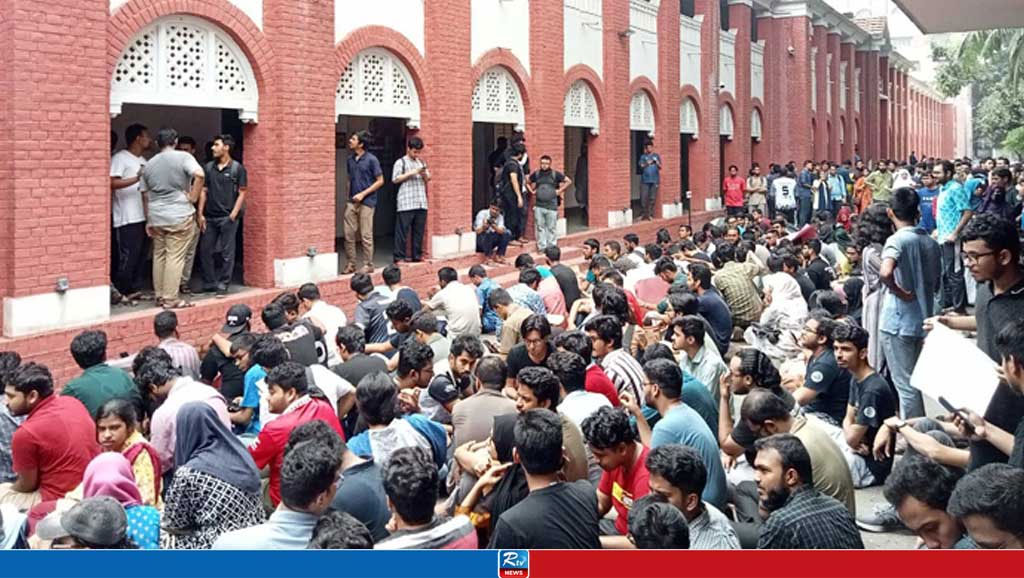
The Indian Product Boycott Movement vs. Reclaiming the Hat
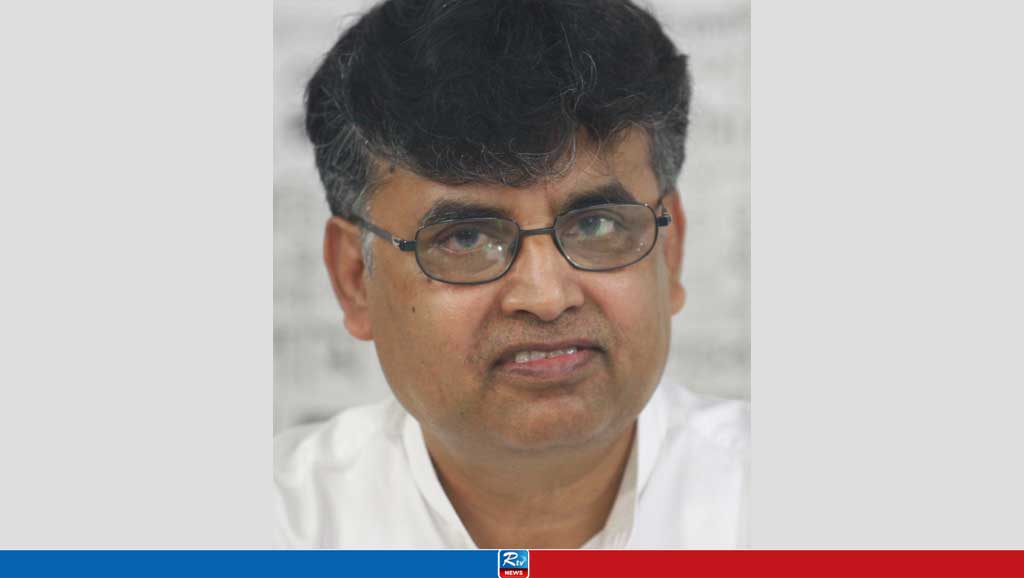
Schools and colleges to remain closed for 7 days
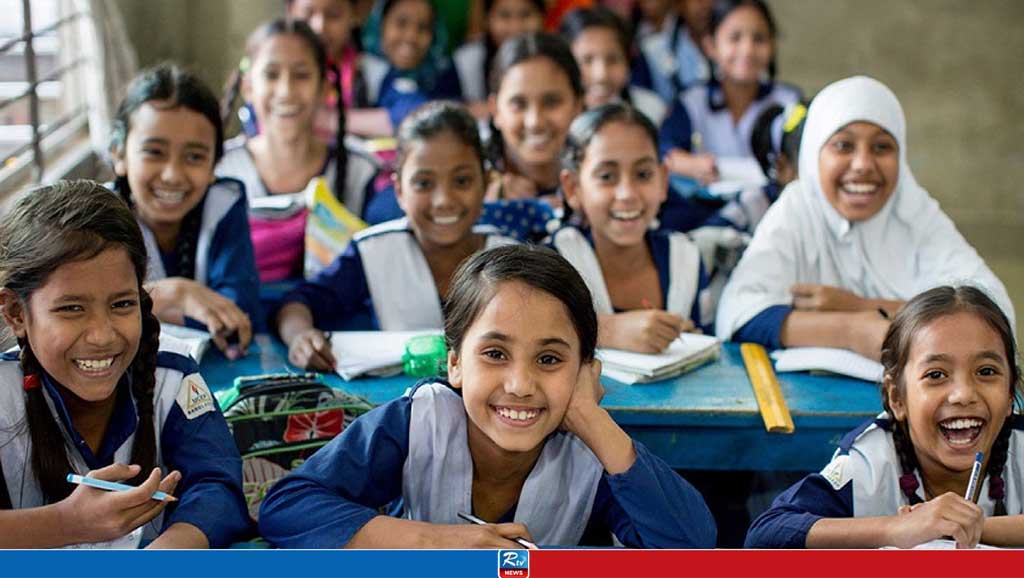
DU classes to be held virtually amid heatweave
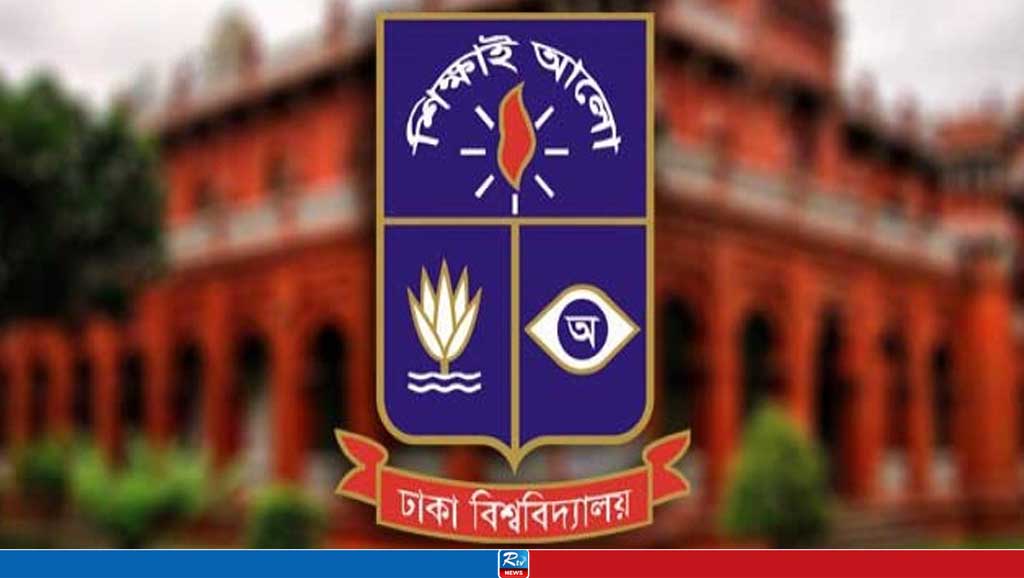
Dozens arrested as US campus protests over Gaza spread


 Live Tv
Live Tv


